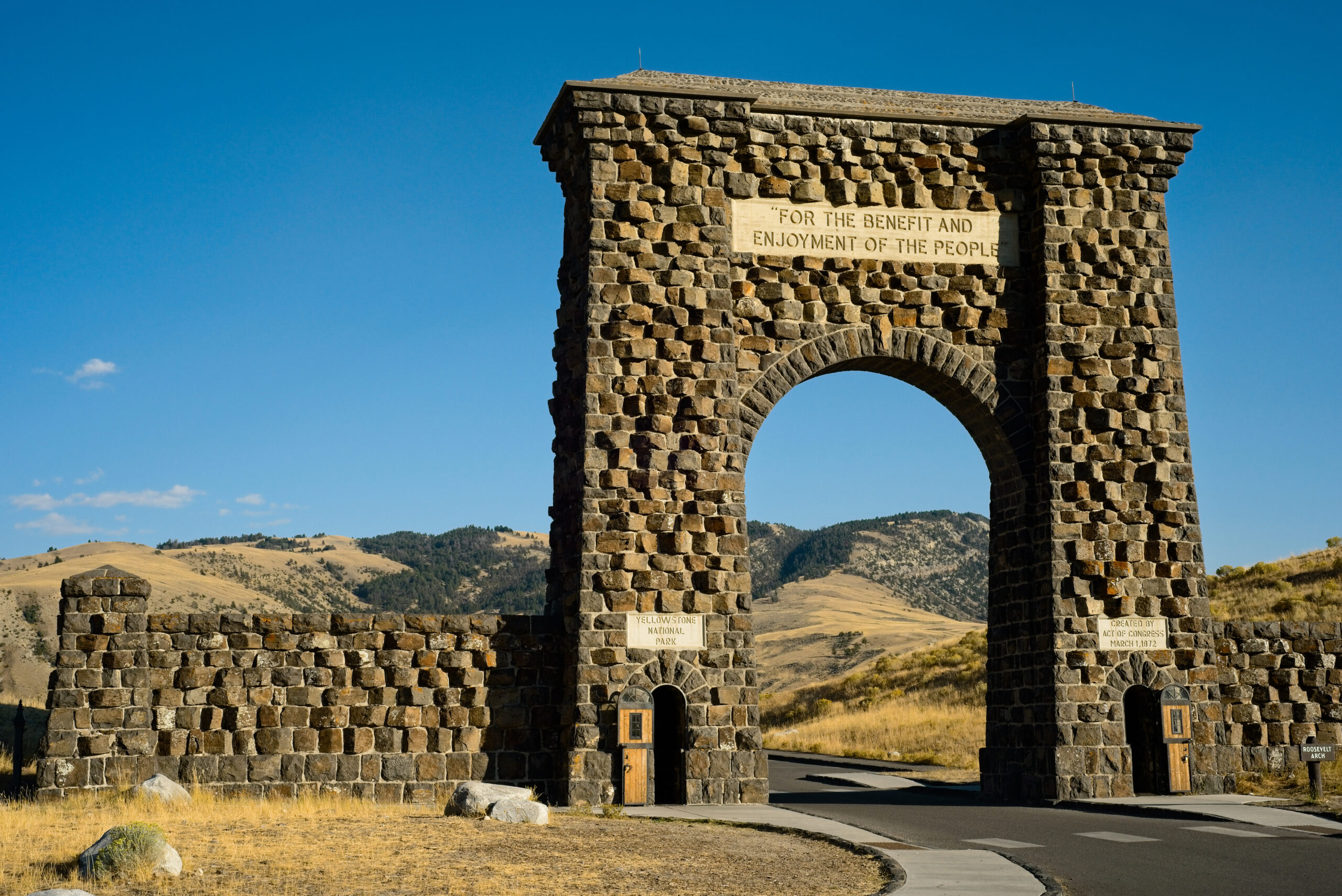
Claire visited PERC as a 2011 Lone Mountain Fellow. We thank her for taking the time to answer our questions. For more of PERC’s Q&A series, visit the archived Q&As here.
Q: Your book project provides a new account of the evolution of property law in early America. What will your book emphasize that other historical scholarship has not focused on?
The role of property in historical accounts has generally related to the ideological revolution taking place during the Founding Era of the United States. The political leaders of the Founding Era believed that dismantling vestiges of aristocracy was crucial to the success of a republican society. They emphasized the need to make property in land dynamic and available in the market, rather than having the legal system protect stable landholding by an aristocracy. Historians have traced the path of republican views from the colonial era forward, to demonstrate the republican underpinnings of the Revolution.
I focus on a wider range of issues. In my view, the central force shaping property law in early America from the earliest years of colonization was the desire to use land and other assets, such as slaves, as collateral for the purpose of obtaining credit. The colonists brought English law and legal traditions with them but reformed those laws to adapt to the new conditions present in the colonies. Reforming the law to encourage credit markets was a major trend. One reform was to legally define land as a “chattel” commodity when creditors’ interests were involved. This allowed more stream-lined processes to be used when creditors tried to seize debtors’ land in the case of default on a debt. In addition, in contrast to England, in the American colonies, creditors were given legal priority to land over the landowner’s heirs during inheritance proceedings. Colonial courts and land recording offices also innovated by making title interests and the claims against those interests publicly accessible. Credit markets in the American colonies were robust.
Unfortunately, strong credit markets encouraged the expansion of slavery, a form of labor that depended on upfront payments of money. Slaves were often purchased on credit and themselves became a primary form of collateral in credit agreements. I believe this story is very important to our history.
Q: How did the emergence of these laws and institutions relating to property in early America affect the way we view property rights and law in modern America?
A: We take it for granted in America that credit is easy to come by and that we will receive financing for purchase of assets from cars to homes. Filing a financing statement to use chattel goods as security is inexpensive and easy. In many countries, however, the institutions and courts are costly and time-consuming to navigate. I have been interested in how history might explain the vastly different legal environments around the world today.
I also think the history is closely related to the insights of PERC: being able to use property rights to achieve conservation outcomes requires a system that is flexible. To give a prominent example, markets in carbon credits are now well-established in our country. Where did the flexibility in the system come from that allows trading in a good like carbon emissions?
Q: You point out that Hernando de Soto, author of The Mystery of Capital and The Other Path, deserves much credit for highlighting the importance of property laws and institutions to economic development. But you claim he has glossed over some important details when it comes to the history of capital formation in the United States. Can you offer a few examples?
A: I admire that Hernando de Soto has drawn attention to how property laws and institutions affect the economy and capital formation. My book looks at the origins of those laws and institutions in American history. My project is not to make an empirical claim about the extent to which American property laws affected economic growth, but rather to show the origins and early evolution of the body of doctrines and institutions relating to credit and their relation to the broader political system. In the current draft I use de Soto’s work to illustrate a different issue, which is the gap in the scholarship on the history of property laws and institutions of the American colonial period. De Soto’s The Mystery of Capital includes a chapter called “The Missing Lessons of U. S. History” which focuses on preemption rights for squatters in the nineteenth century American West. I ask the question: what were the origins of the property system that was able to give rights to western squatters? What happened in the earliest years of colonization as these laws and institutions were initially put into place?
Q: Would it be possible to replicate America’s evolutionary experience with property law in a globalized context today?
A: That is a very difficult question. What I have been struck by in my close reading of colonial documents is that early America presented an opportunity for colonial legislatures to establish and reshape institutions in ways that conformed to the needs and preferences of the population. When an institution was not working right, the state legislature would pass an act to fix the perceived problem. The legislatures were sorting out the kinks in the system for over a hundred years. I think that property law reforms can be helpful but there needs to be a mechanism for local people to have input into how the institutions can best serve their needs. Courts and land title registries only work well as underpinnings of a property system when they have legitimacy and authority within the community.


